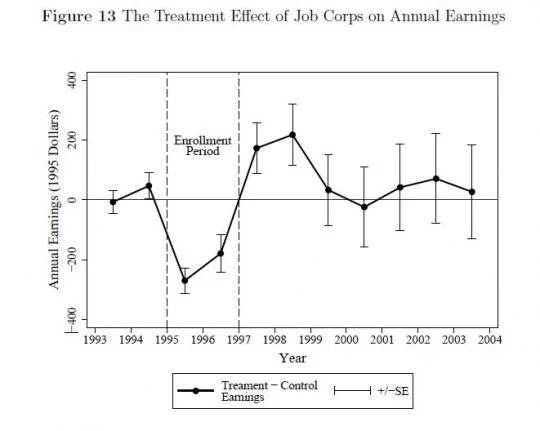- Is self-control over-rated? Interesting piece in the NYTimes: “A failure of self-control, suggest the University of Pennsylvania neuroscientists Joseph W. Kable and Joseph T. McGuire, may not be a failure so much as a reasoned response to the uncertainty of time”. Interesting revisiting of the marshmallow experiment too – kids wait less time before eating the marshmallow if they have previously been in an experiment where researchers promise a reward and prove unreliable.
- New in the Journal of Economic Perspectives – the Economics of Slums in the Developing World. “Worldwide, at least 860 million people are now living in slums…we provide historical and contemporary facts to argue that the type of poverty observed in contemporary slums of the developing world is characteristic of that described in the literature on poverty traps. We document how human capital threshold effects, investment inertia, and a “policy trap” may prevent slum dwellers from seizing economic opportunities offered by geographic proximity to the city”. Interesting reading, although it is clear how little we yet know on this topic.
- Heckman has a new (and long) NBER working paper summarizing the impacts of programs designed to improve both cognitive and non-cognitive skills – “Character is a skill, not a trait…Character is shaped by families, schools, and social environments. Skill development is a dynamic process, in which the early years lay the foundation for successful investment in later years. High-quality early childhood and elementary school programs improve character skills in a lasting and cost-effective way. Many of them beneficially affect later-life outcomes without improving cognition. There are fewer long-term evaluations of adolescent interventions, but workplace-based programs that teach character skills are promising.” Another interesting point is that he considers anything less than a 10 year follow-up as “short-term”. This figure helps illustrate why – a temporary increase in income, that fades quickly
- Marc Bellemare on a nifty fix for when your treatment variable is measured with error
- Friday fun: We’re up all night to get data, courtesy of the UCSD Neuroscience lab.



Join the Conversation